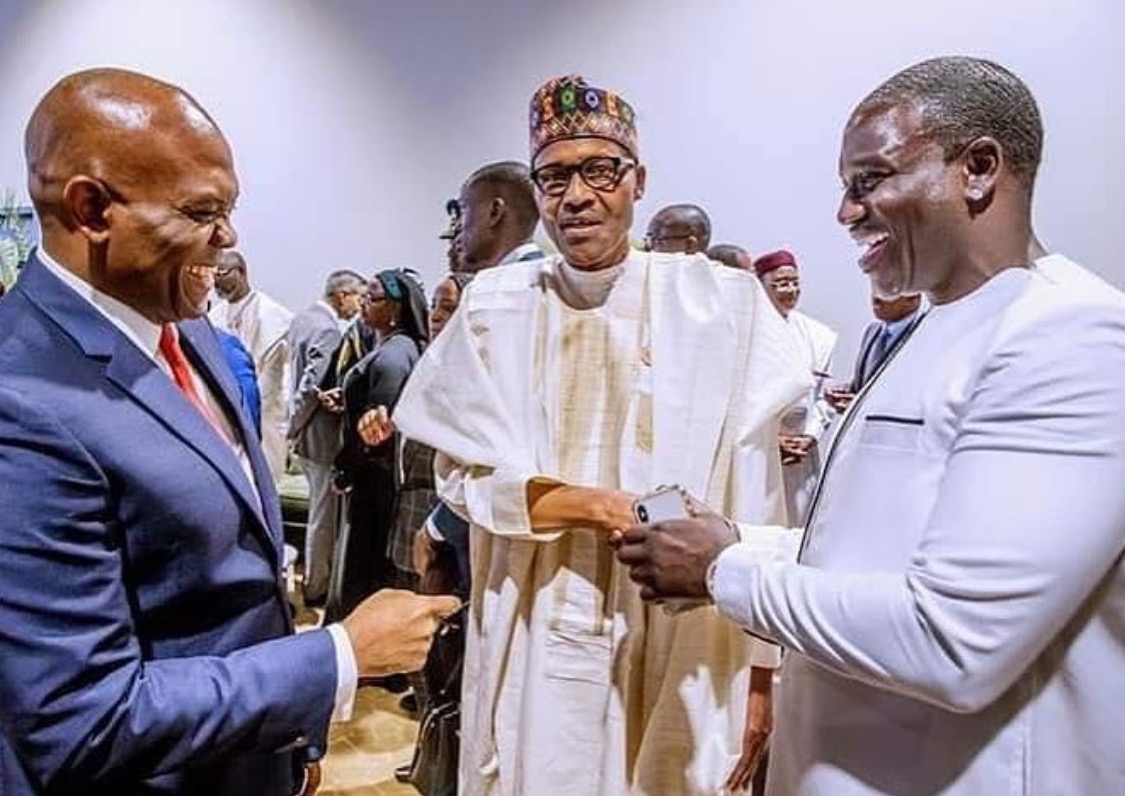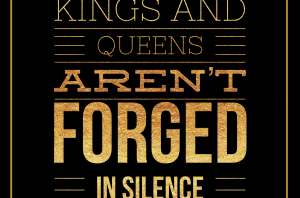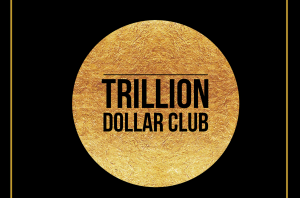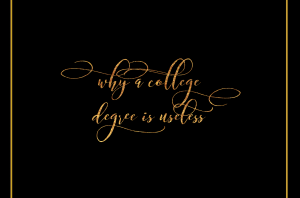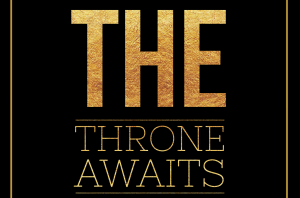Some time ago , a new music video from Akon appeared on YouTube, marking a rare resurfacing for the silky-voiced singer. Far from the strip-clubs-and-sports-cars milieu that characterized much of his earlier work, the visuals for “Tell Me We’re Ok” featured Akon and producer DJ Hardwerk performing before youngsters on a Nigerian soccer field—illuminated with lights powered by kinetic tiles that convert footsteps into energy—with Shell oil banners blowing in the breeze behind them.
The placement was as much a coincidence as a Beats logo making an appearance in a Dr. Drevideo; indeed, a recent press release billed “Tell Me We’re Ok” as a collaboration between the energy giant and Akon “to highlight the increasing need to provide innovative options for access to smarter energy for people in Africa.” But appearing on the kinetic-energy-and-solar-powered pitch, the first of its kind on the continent, was just a small part of Akon’s ambitious efforts in his homeland.
In the seven years since his last sit-down with FORBES, which came in the midst of a three-year run where he earned $53 million pretax, Akon had largely disappeared from the public eye—in North America, anyway. On other continents, particularly Africa, it’s a different story.
“I was a little over-saturated,” says the singer, reclining on a couch in the London hotel in New York on a recent spring morning. “Everywhere you went, you heard me. Radio, TV, you name it. It got to the point where I just wanted to … experiment more, and do what I always wanted to do: really do a lot more international stuff.”
As Akon toured abroad, he found that one of the biggest obstacles toward earning money was the lack of electricity—many of the countries where he wanted to tour simply didn’t have the infrastructure to support the sort of big concerts and festivals he was used to playing in the states, particularly after dark. So he teamed up with fellow Senegalese-American Thione Niang and Malian entrepreneur Samba Bathily to create Akon Lighting Africa nearly three years ago.
The initiative now touts staggering progress in the movement to illuminate a country where millions remain without power: 100,000 solar street lamps installed across 480 communities in 15 countries, along with 1,200 solar micro-grids and 5,500 indirect jobs created. It’s been a novel approach compared to previous efforts in Africa, most of which focused on setting up 20th Century electric infrastructure.
“The majority of them was focused on the grid,” says Akon, who saw an opportunity for Africa to skip directly to localized solar power, just as much of the continent when from having no phone service at all to having cell phones. “Clearly our main focus was the rural areas outside the city. The challenging part was really getting the leaders there to kind of understand what we were trying to do because solar, at that time, was fairly new and very expensive.”
To foot the bill, ALA partnered with China Jiangsu International, which facilitated a $1 billion credit line for the project (the Asian industrial conglomerate did not reply to a request for comment). Akon says Jiangsu became interested in the venture after tariffs in the U.S. and Europe made it prohibitively expensive to sell Chinese solar technology in the west. Under the agreement with ALA, Jiangsu provides solar arrays and bills African governments, allowing them to pay back the outlay in three to five years.
This approach has its share of critics in the blogosphere, some of whom say that Akon is being used–perhaps knowingly–as a pawn for Chinese economic interests. But plenty in Africa think otherwise, including Boubacar Djiba, who works at the British Council in Senegal and runs a label called Vazy Music.
“The Chinese have been supporting Africa for years,” he says. “Frankly, it’s not a relevant argument. People who say that just want to criticize and they don’t even understand the impact of this project. … You need reliable and ambitious partners in order to evolve this kind of project. In every project you need a front person and Akon fits for that role.”
Akon, for one, doesn’t pretend that his project is philanthropy. “It’s definitely not a charity,” he says. “It is a for-profit company. The way I would categorize it, really, is just social entrepreneurship. We do our business in Africa that’s not [just] to help people, but empower them to make their money in the process.”
Of course, there’s plenty of that for Akon, too. He and his partners put in their own cash at first, and now Jiangsu and other investors have done the same; he says they’ll share profits after the initial outlay gets paid back. It’s not yet clear how much he’ll be making on the arrangement, but in any case, it’s unwise to underestimate the Senegalese-American singer.
“Akon is one of the savviest businessmen in the industry,” media buyer Ryan Schinman toldFORBES back in 2009. “He’s not going anywhere.”
That second part may not be quite true. But as the past few years have shown, even when Akon goes somewhere, he tends to come back with a new and lucrative hustle—perhaps helping improve the lives of a multitude along the way.
“In Africa, the project is perceived as a huge solution that can not only create jobs but also improve the living conditions of millions of people,” says Djiba. “Africans are also happy to see that this project is run by young Africans who are inspiring the upcoming generation by changing the face of the continent.”
For Akon, that means not only coming up with market-driven solutions, but presenting them in an easily-digestible manner. Hence “Tell Me We’re Ok” and its accompanying video, which was meant to inspire listeners. It also managed to do the same for its creators.
“The application of the kinetic tiles, it’s just such a game changer,” says DJ Hardwerk, who joined Akon in Lagos for the video shoot. “Everything from shopping malls to sidewalks to airports … the application there is limitless.”
As for Shell’s involvement, Akon immediately saw the benefit when they approached him—and not just business-wise.
“Shell has never really been in the music space, the same way I myself has never been in the energy space,” says Akon. “I think it’s going to be the collaboration of people [who] normally don’t do [things] together that’s going to make these kinds of changes.”
As of 2019, Akon’snet worth is roughly $80 million dollars, with his Africa focus this could easily morph into billions super shortly.
Source Forbes

